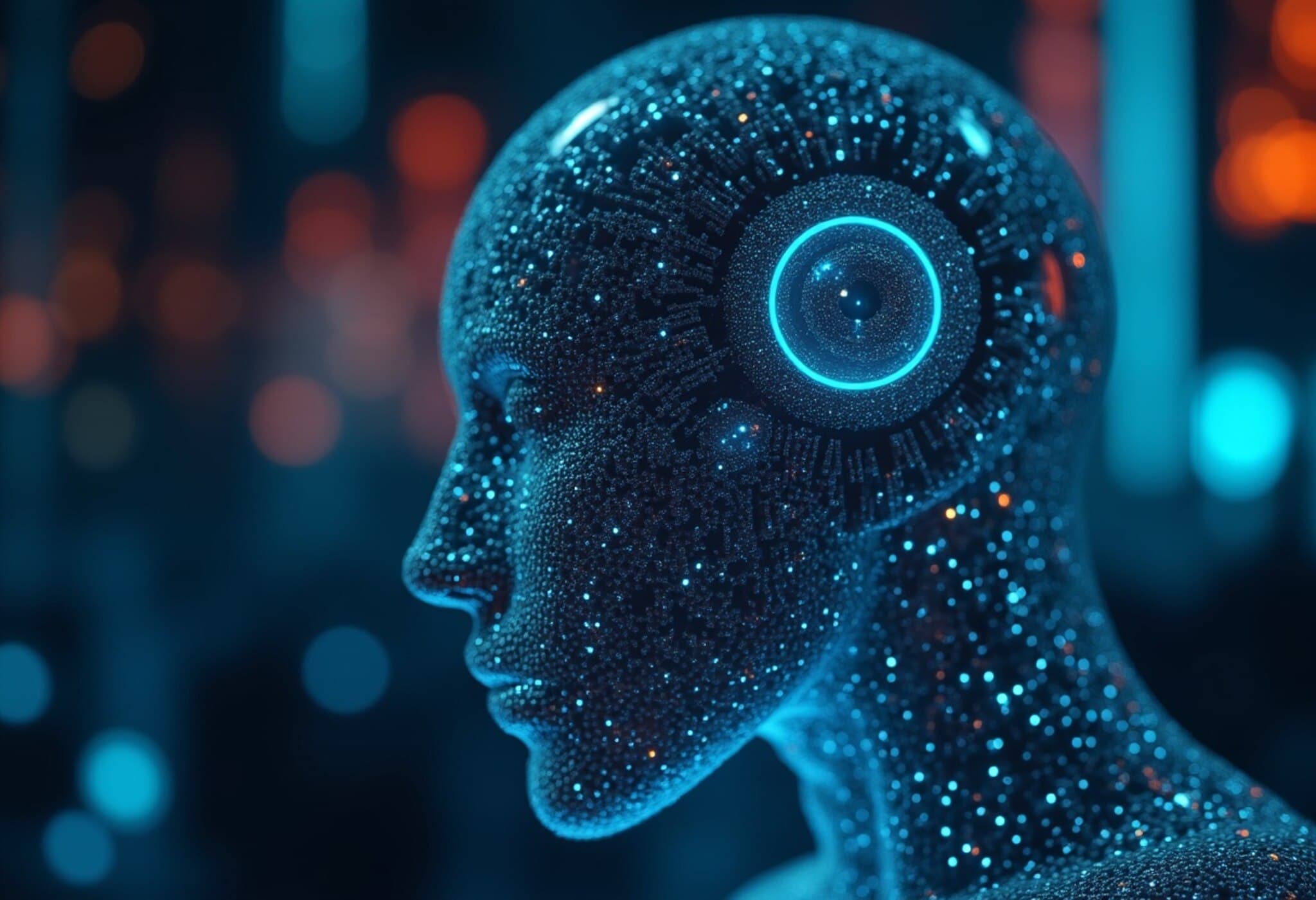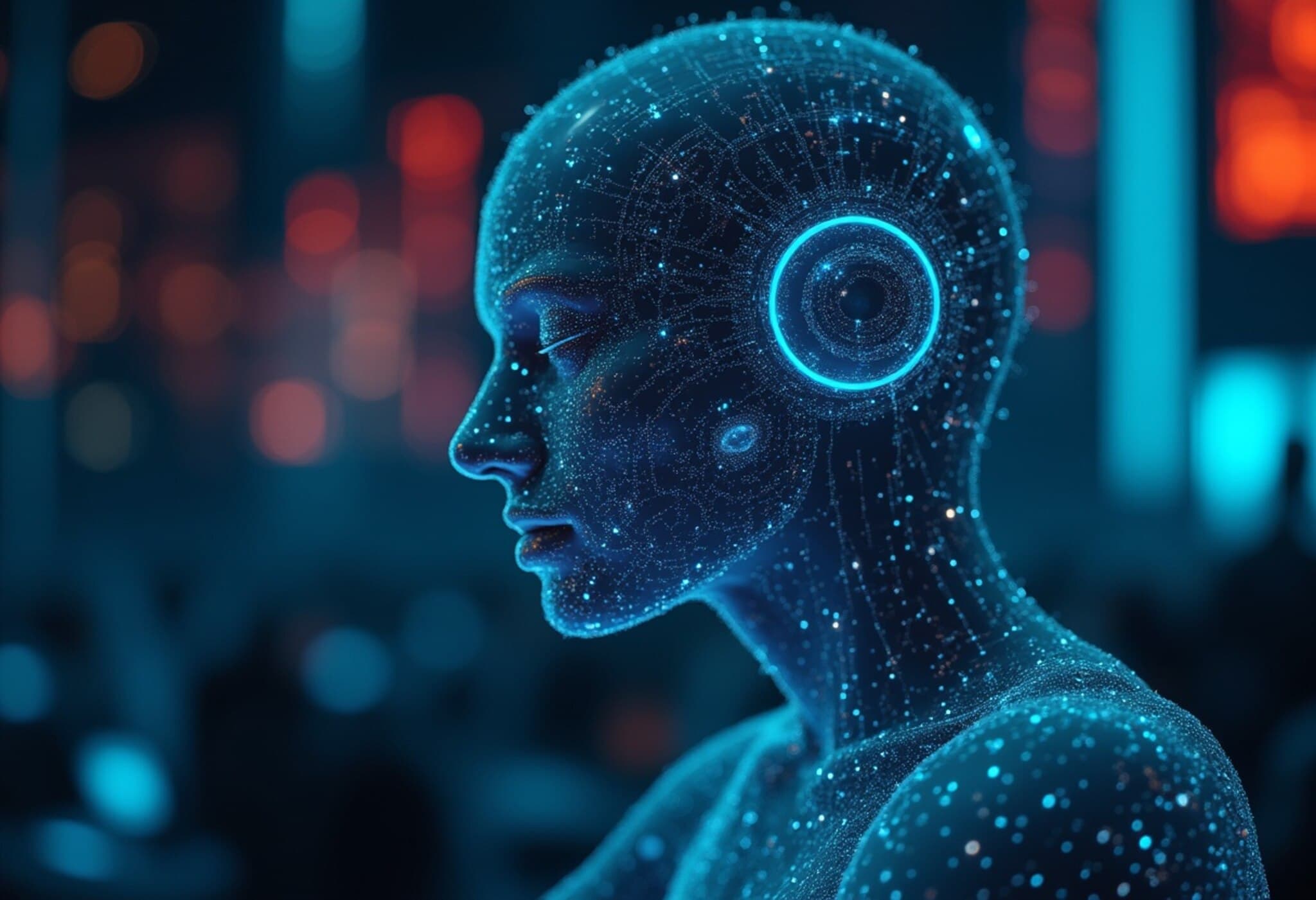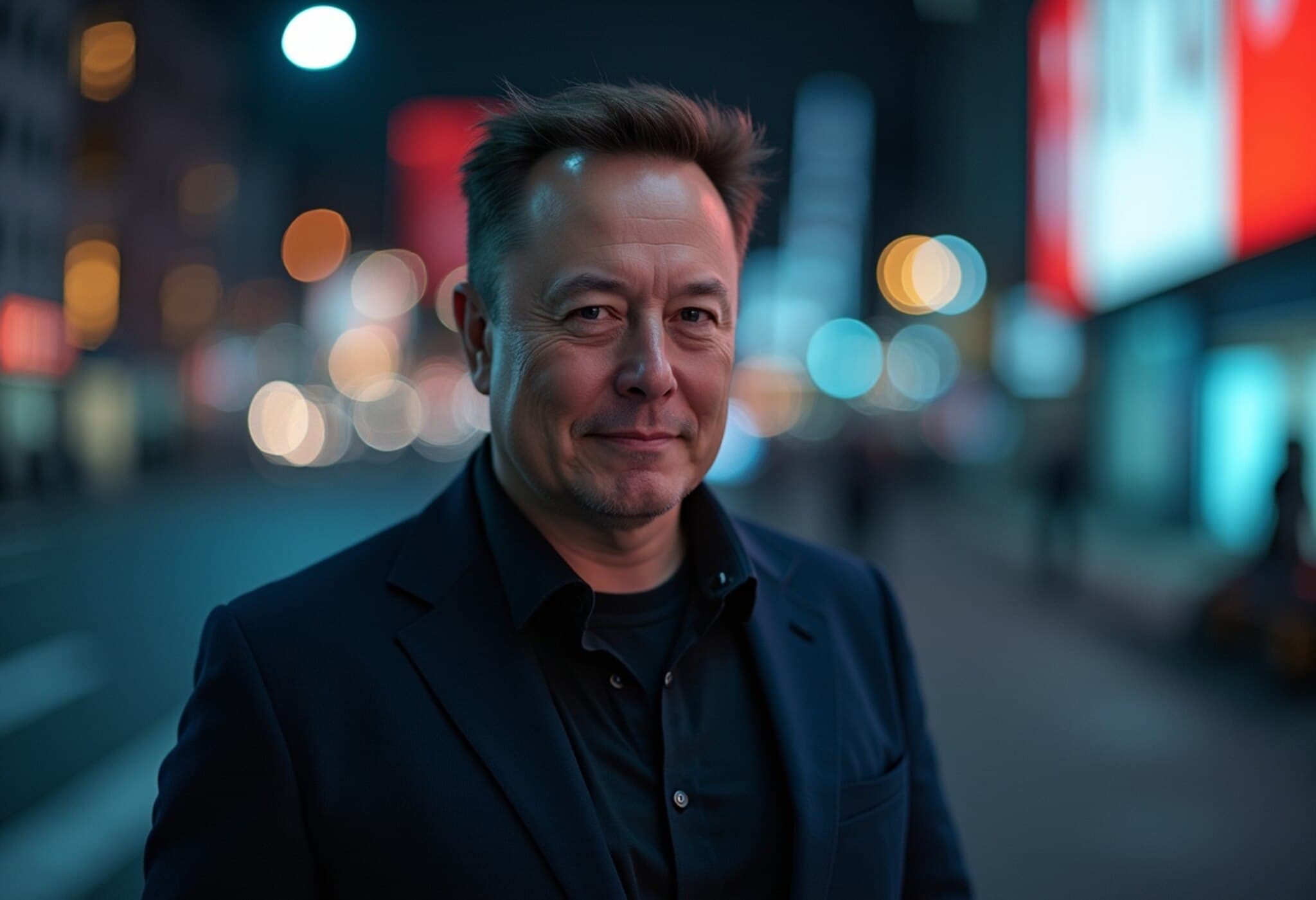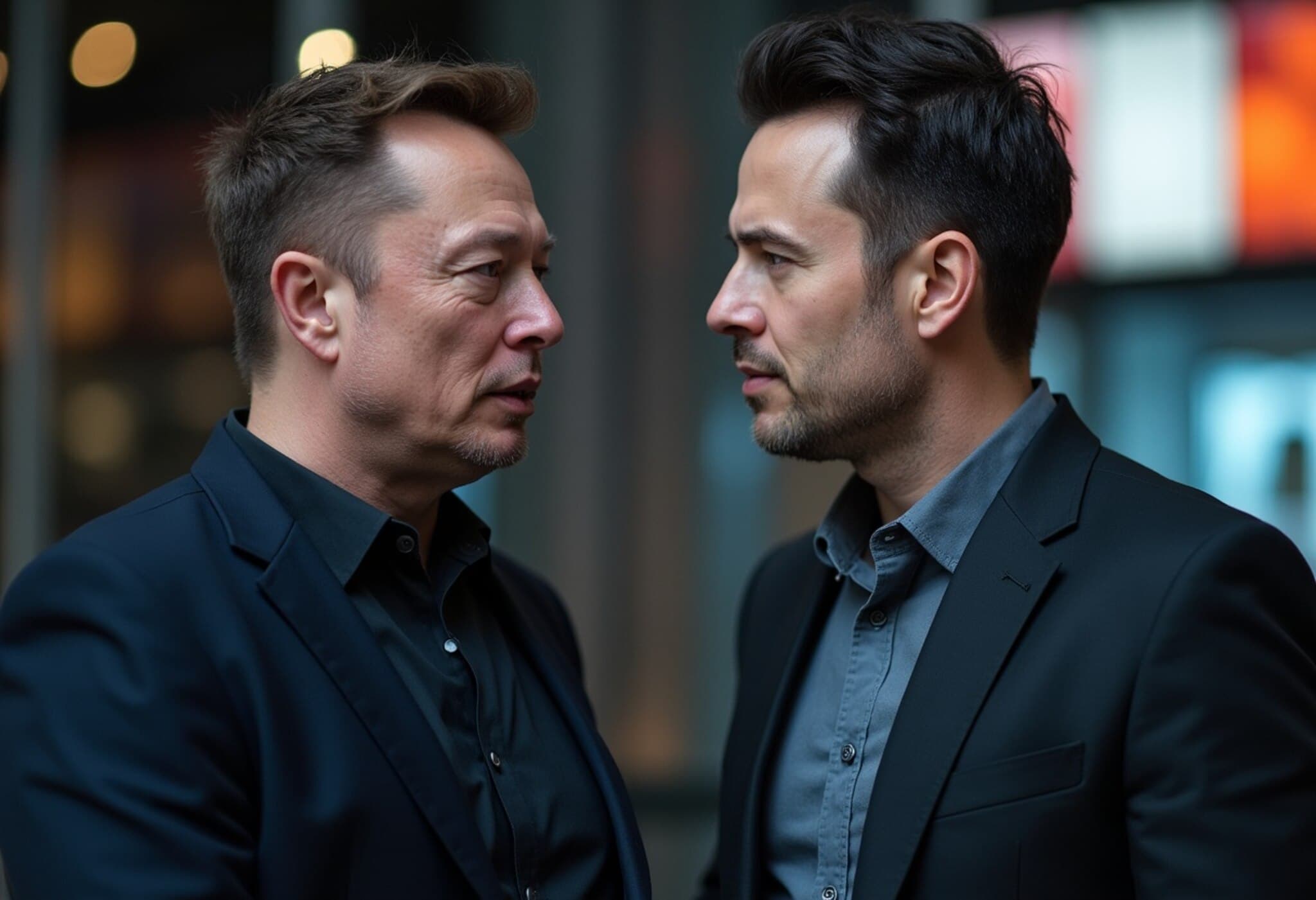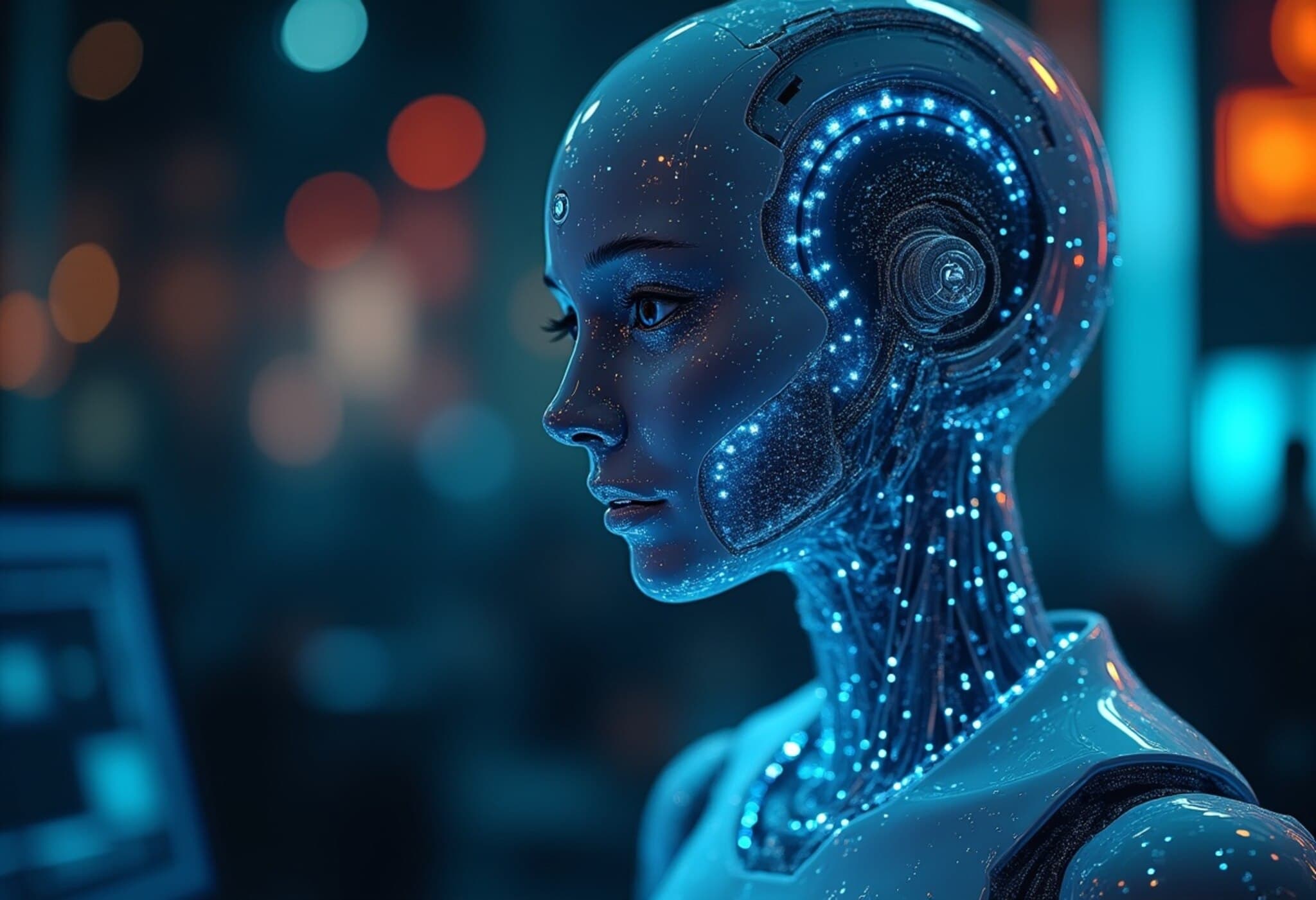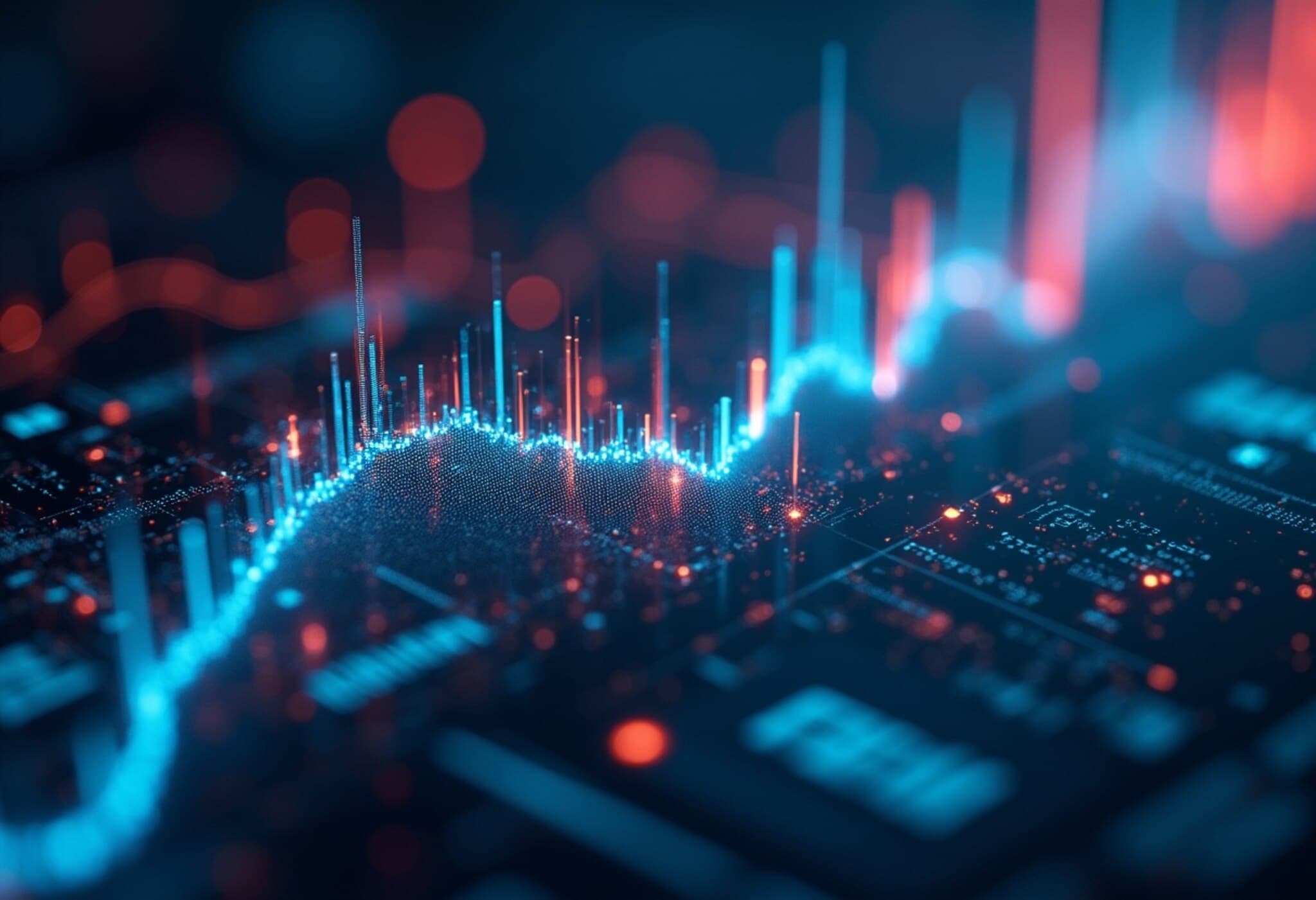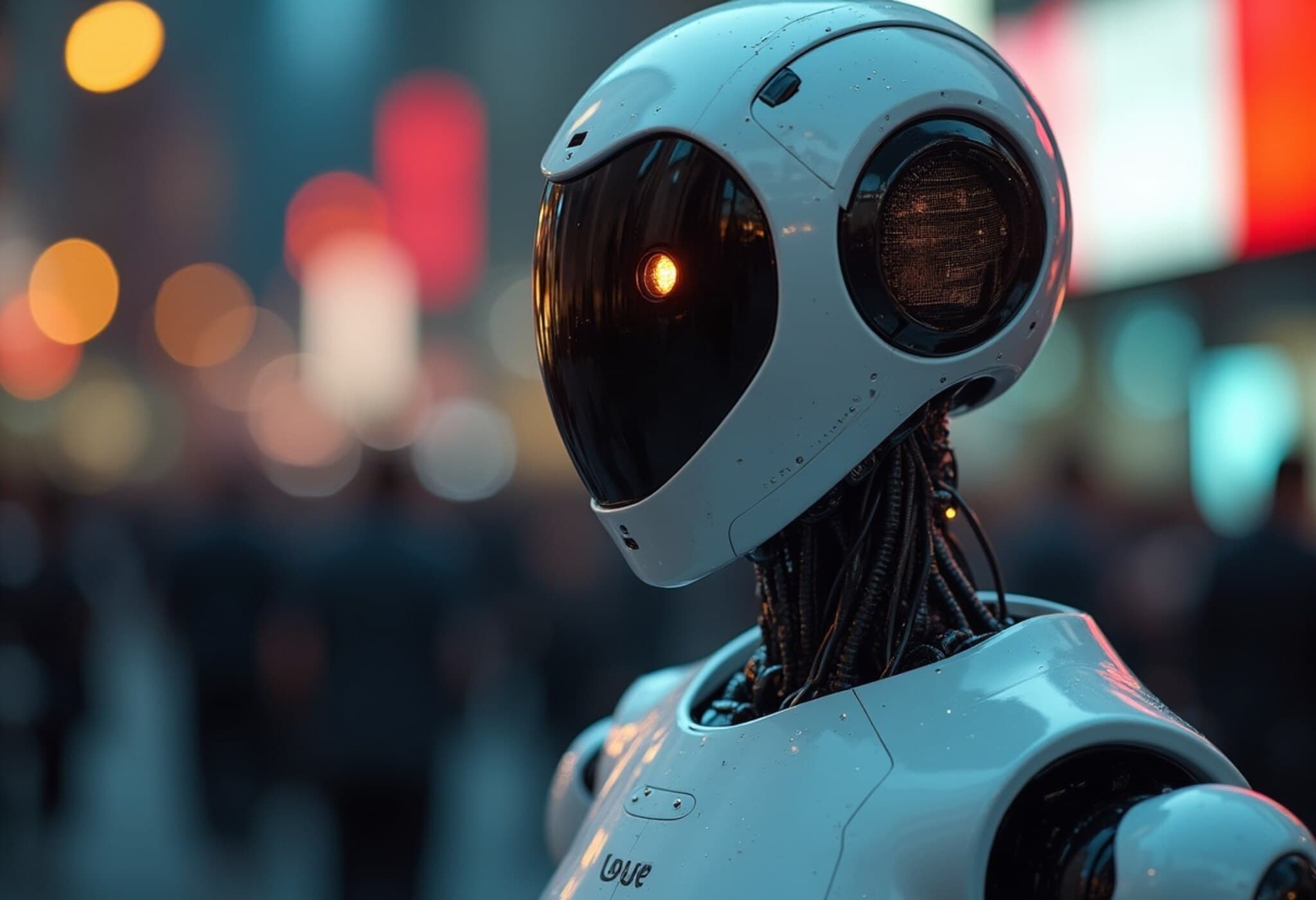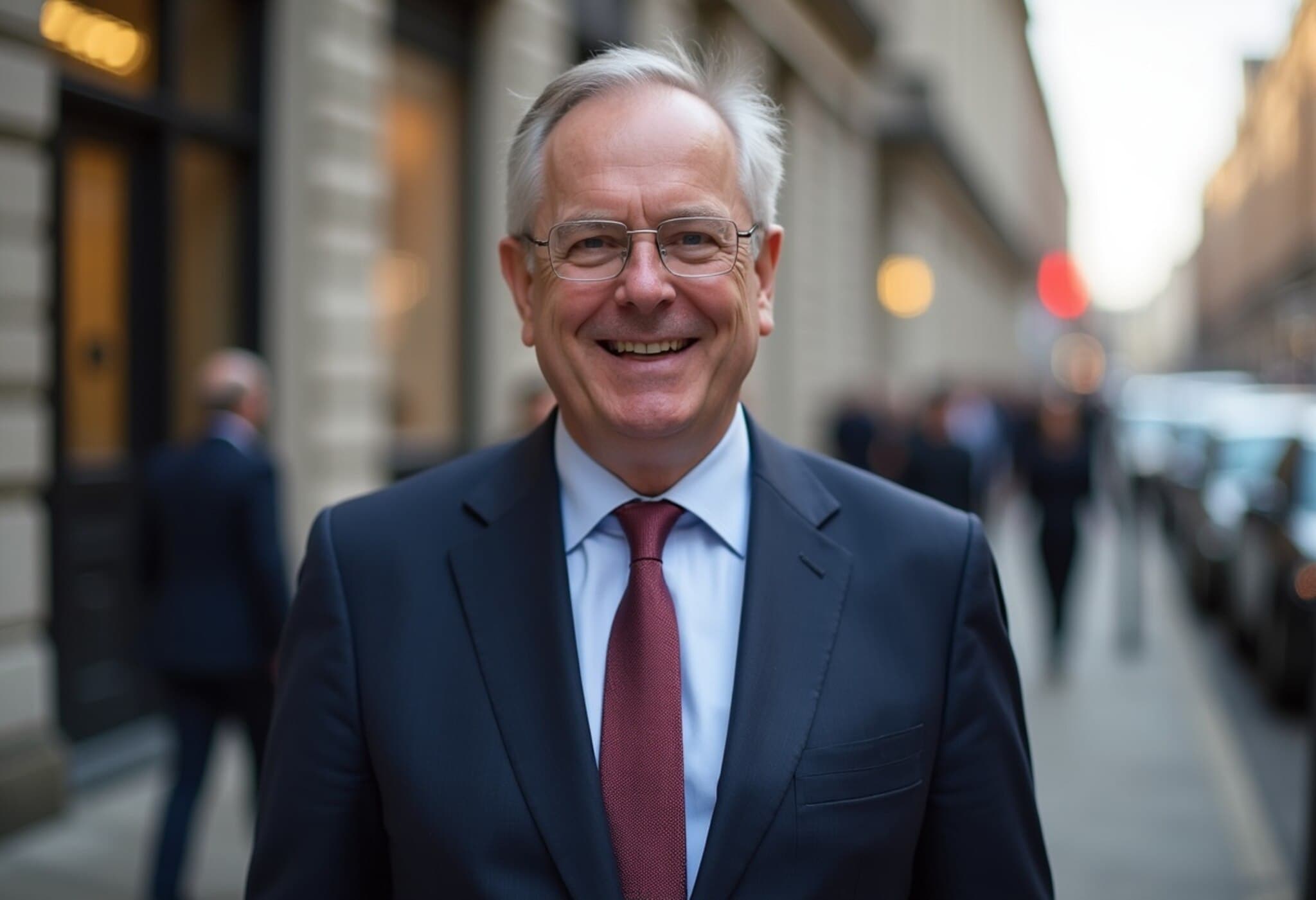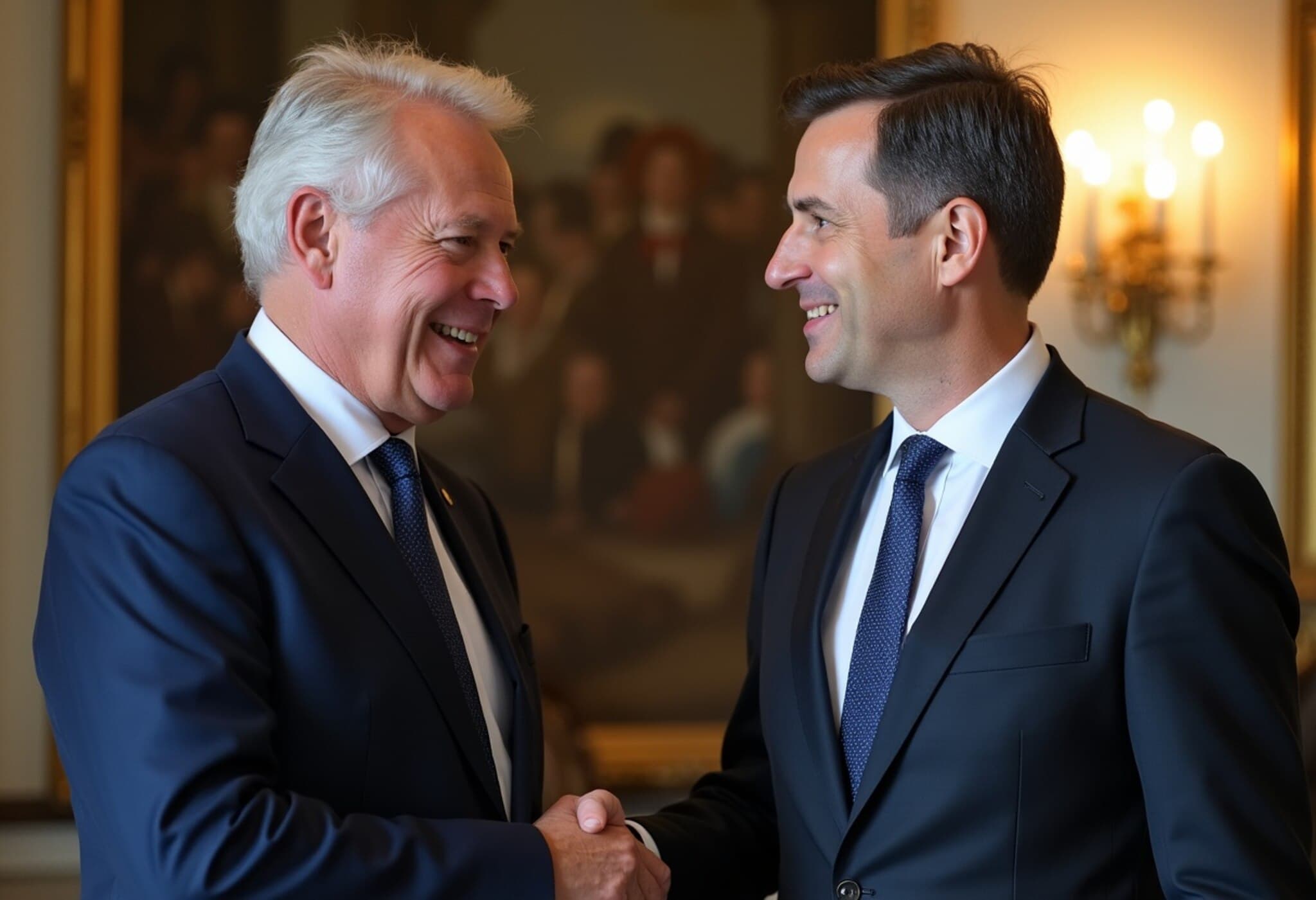Sam Altman Responds to Elon Musk’s Stark Warnings on OpenAI-Microsoft Partnership
In the ever-intensifying landscape of artificial intelligence competition, OpenAI CEO Sam Altman has downplayed recent public warnings issued by Elon Musk regarding OpenAI's burgeoning alliance with Microsoft. The remarks come after Microsoft announced plans to deeply integrate OpenAI’s latest AI model, GPT-5, across its flagship products.
Microsoft Embraces OpenAI’s GPT-5 Across Its Suite
Thursday marked a significant announcement by Microsoft CEO Satya Nadella revealing that GPT-5 would be embedded into a broad range of Microsoft offerings including Microsoft 365 Copilot, GitHub Copilot, and the Azure AI Foundry. This move underlines Microsoft's aggressive strategy to position AI at the core of its productivity and cloud services.
Elon Musk’s Warning Sparks Buzz: “OpenAI is Going to Eat Microsoft Alive”
Almost immediately following the Microsoft announcement, Musk, who has been both a co-founder and vocal critic of OpenAI, tweeted a striking warning asserting that OpenAI might overpower its biggest partner, Microsoft. As a noted entrepreneur heavily invested in AI ventures like the Grok chatbot on Azure, Musk’s statement captured headlines and reignited speculation about tensions within the AI ecosystem.
Altman’s Nonchalant Rebuttal: “I Don’t Think About Him That Much”
Speaking on CNBC’s Squawk Box, Altman appeared unfazed by Musk’s remarks. He candidly said, "You know, I don't think about him that much," while casting doubt on the seriousness behind Musk’s social media jabs: "I thought he was just, like, tweeting all day [on X] about how much OpenAI sucks, our model is bad, and that we're not gonna be a good company." This breezy dismissal highlights Altman's focus on OpenAI’s strategic vision over interpersonal disputes.
The Deeper Context of the Altman-Musk Feud
The rivalry between Altman and Musk is rooted in both philosophical and business disagreements. Both were instrumental in founding OpenAI in 2015 with the mission to advance artificial intelligence responsibly. However, Musk has publicly opposed OpenAI’s shift from a nonprofit to a for-profit hybrid model aimed at monetizing the company’s rapidly popular ChatGPT platform.
Adding fire to the feud, Musk previously initiated a lawsuit alleging breach of contract by OpenAI and led a $97.4 billion bid to acquire the nonprofit board controlling OpenAI, a proposal Altman outright rejected on social media. Instead, Altman cheekily countered with an offer to buy Twitter for $9.74 billion, underscoring the personal and strategic rivalry underpinning their interactions.
Industry Implications: What This Means for AI’s Future
- Corporate Alliances and Competition: Microsoft’s integration of GPT-5 signals an escalation in AI capabilities accessible to millions of enterprise and individual users, raising the stakes for dominance among key players.
- Regulatory and Ethical Concerns: As AI technologies become ever more powerful and commercialized, questions persist regarding transparency, equitable access, and the societal impact of concentrated AI development.
- Leadership in AI Innovation: Conflicts like Altman-Musk’s feud reflect broader challenges about governance, ownership, and mission within fast-evolving tech sectors.
Looking Ahead: The Battle for AI’s Soul Continues
The rhetoric between Altman and Musk is more than personal rivalry; it reflects a fundamental debate about how AI should be developed, who should control it, and how it should be deployed globally. As OpenAI deepens ties with Microsoft, and Musk pushes forward his own AI developments, the tech world watches closely.
Will collaboration or competition define the next chapter of AI? For now, Altman seems intent on charting a course focused on innovation and partnership — with hardly a second thought for his high-profile critic.
Editor’s Note
This unfolding saga between two of the tech industry’s most influential figures offers more than headline-grabbing tweets. It reveals the complex interplay of vision, capitalism, and responsibility shaping AI’s rapid ascent. As policymakers and the public grapple with AI’s possibilities and pitfalls, understanding these leadership dynamics is crucial. Readers should watch for how these corporate strategies and personal tensions might influence AI’s accessibility, ethics, and governance in the years ahead.




